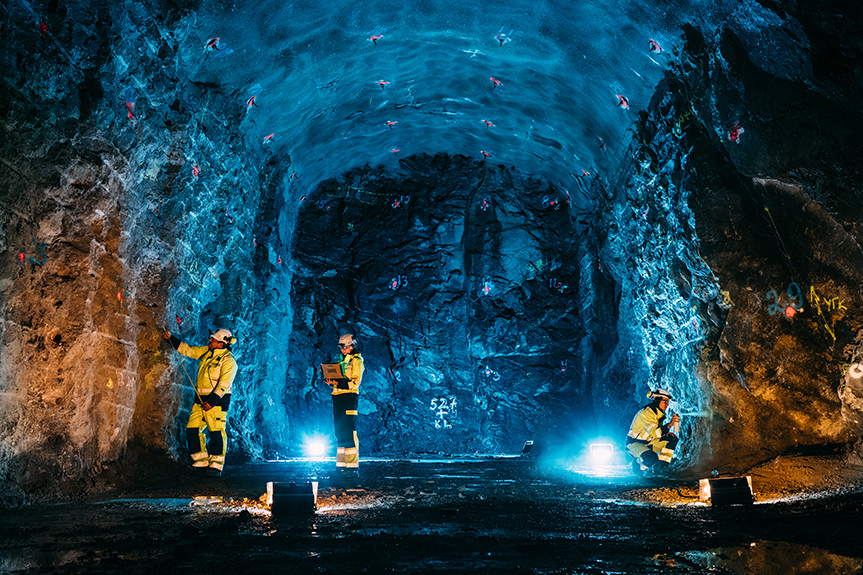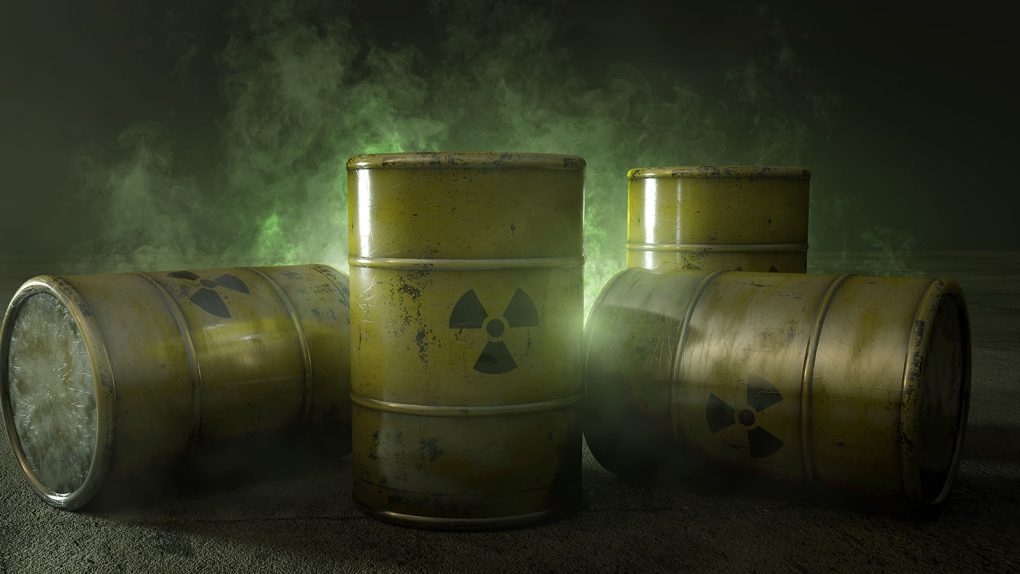Finland will store nuclear waste in a new underground tomb starting in 2024. The tomb is located deep beneath the rural village of Eurajoki. The permanent nuclear disposal site is called Onkalo, which is Finnish for “deep pit”. If nothing goes wrong within the next couple of years, the site will become home to spent uranium fuel rods encased in copper casks for the next 100,000 years.
DON’T MISS: Monday’s deals: Headphones, Chromebook, Alexa light switch, more
Burying a permanent nuclear disposal site

There are over 400 nuclear power plants located throughout the world. Despite that high number, though, we do not have a permanent nuclear disposal site. Instead, nuclear waste has been stored in various types of tanks or turned into glass using vitrification. Japan even had plans to dump nuclear waste into the ocean.
While these storage options work well enough for a short time, having a permanent place to store this dangerous waste has become a priority for Finland in the last few decades.
Thanks to its very rural makeup, Finland relies heavily on nuclear power to bring energy to its people, without having to worry about as many of the risks. On the island of Olkiluoto, located off the western coast of Finland, the country runs three nuclear power plants that will deliver almost 40 percent of its country’s energy.
But Finland will do more than create energy here. Thanks to a deep level of bedrock situated underneath the island, this is where Finland plans to bury its nuclear waste, almost 500 meters below the surface in a permanent nuclear disposal site.
Water is an enemy to nuclear waste. As such, they built the site into dense, watertight rock. That’s another reason that it’s buried as deeply as it is. It’s also strategically located as far away as possible from two nearby fault lines, which should help avoid any issues with earthquakes.
Storing nuclear waste in copper casks
But Finland’s permanent nuclear disposal site doesn’t just rely on watertight rock to keep the waste secured. They’ll store the nuclear waste in a cast-iron vessel first. Then they will introduce that vessel to a layer of inert argon gas. Finally, they’ll encase the entire setup in a copper cask. That cask is then welded shut, locking the nuclear waste inside.
Of course, some still have concerns about corrosion. Experts at Posiva Solutions, a company involved in the permanent nuclear disposal site at Olkiluoto, say that any water that gets into the casks should dissolve the oxygen, though. Which would stop any corrosion it might cause. (via PopularMechanics)
Succeeding where others failed
Finland isn’t the first country to try creating permanent nuclear disposal sites. It is, however, the first to succeed at it. The United States and France have both attempted to create locations similar to the Olkiluoto site. However, these projects are often waylaid by a lack of community acceptance.
With Finland, though, the people residing on the island are already comfortable with nuclear power. Many of them have even worked within the nuclear power plants nearby. As such, they have a good idea of how nuclear power works. They’re more accepting of it and are willing to accept the closeness of a permanent nuclear disposal site nearby.
Posivia is planning a final trial run for the location in 2023. The company hopes to start filling it with waste starting in 2024 or 2025. Posivia expects the site to be a safe and secure storage site for nuclear waste for at least the next 100,000 years.








